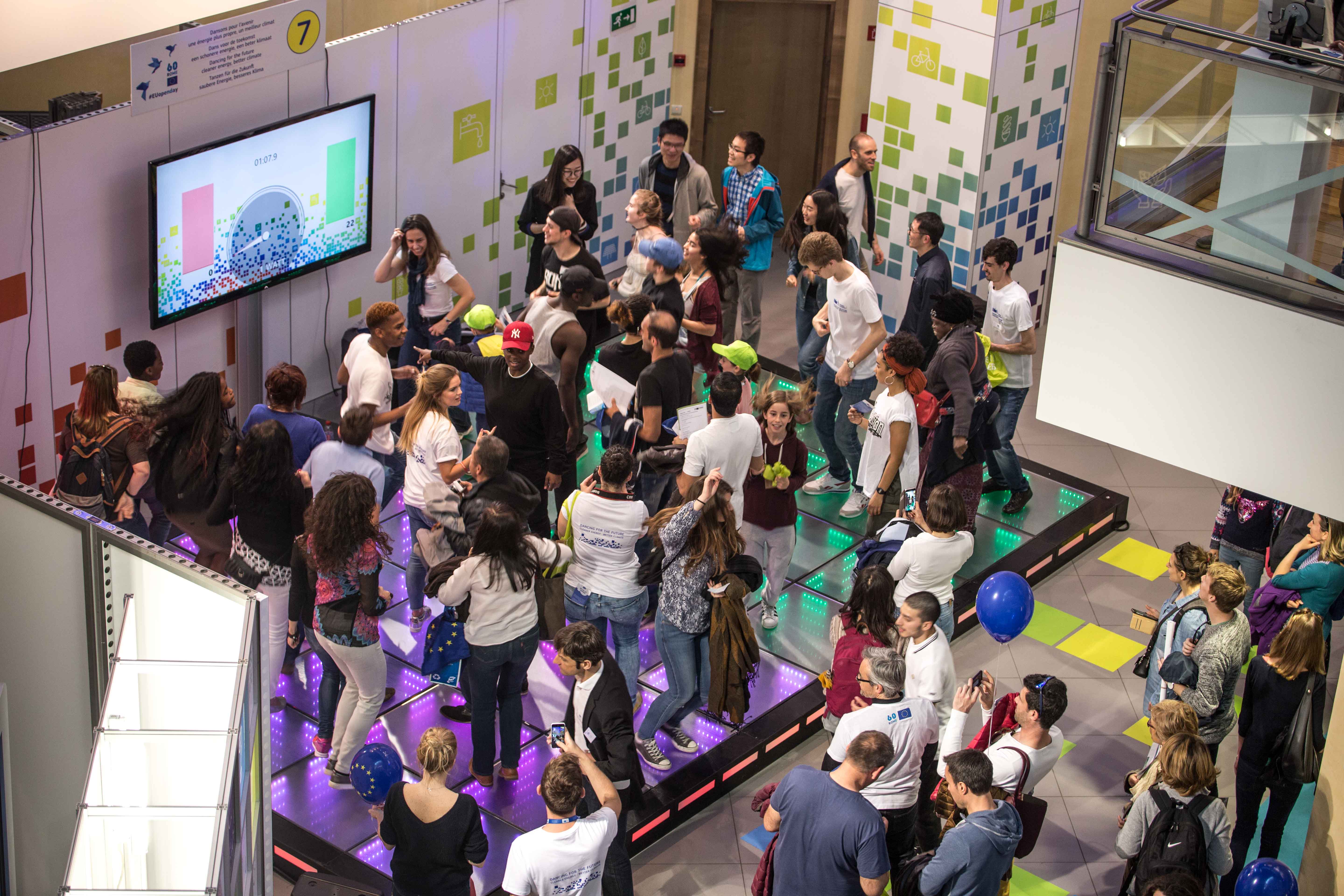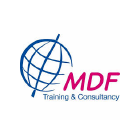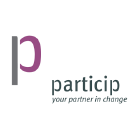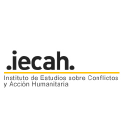WORKING WITH DG ECHO VISIBILITY | 2014 - 2020
MEDIA OUTREACH

Credit: ©EuropeanUnion
PRESS RELEASES
It is highly recommended to issue a press release – as a minimum – at the start and at the conclusion of a project. A press release can be issued inside the EU and/or in the beneficiary country/region as relevant for the concrete project.
The press release may display the EU emblem alongside that of the partner.
The press release text must clearly state that the project is funded by the European Union. Preferably, the text includes tangible figures/examples of the (expected) impact of the project, such as the number of beneficiaries. Technical language should generally be avoided. Where relevant, press releases can include a quote by an ECHO representative (for example, the relevant experts/Head of Delegation in the field or from an ECHO representative at HQ), in close coordination with ECHO’s Communication Unit via the relevant Regional Information Officer.
Partners are generally encouraged to share a draft of the press release with ECHO before its publication. Quotes by ECHO representatives must always be approved before publication.
Press releases may also include the contact details of a relevant ECHO representative for follow-up questions by media (expert, Head of Office or RIO). The contact person must be approved by ECHO.
Partners are also invited to include the following text at the end of joint press releases:
The European Union and its Member States are the world’s leading donor of humanitarian aid. Relief assistance is an expression of European solidarity with people in need all around the world. It aims to save lives, prevent and alleviate human suffering, and safeguard the integrity and human dignity of populations affected by natural disasters and man-made crises.
Through its Civil Protection and Humanitarian aid Operations department (ECHO), the European Union helps millions of victims of conflict and disasters every year. With headquarters in Brussels and a global network of field offices, the EU provides assistance to the most vulnerable people on the basis of humanitarian needs.
INTERVIEWS
When speaking to the media on EU-funded projects, partner should aim to acknowledge the partnership with the EU and its funding.
In emergency situations, if EU funds are envisaged, this fact should be equally acknowledged in contacts with media. Whenever journalists visit EU-funded projects, partners must ensure that the EU’s role as the donor is fully acknowledged and explained.
Partners should generally:
- inform the relevant ECHO field office in advance about media interest in the project and provide the names of the media organisations and journalists concerned;
- provide information to the journalists about who contact at ECHO (nearest field office or Regional Information Officer) for further details.
PRESS CONFERENCES
Whenever a press conference is organised in the context of an EU-funded humanitarian project, the European Commission – through ECHO headquarters, the ECHO field office or the relevant Delegation – must be invited to participate.
Partners also must acknowledge the role of the EU.
JOURNALISTS’ VISITS
Media visits to EU-funded project are eligible for funding under the visibility budget of projects. Partners must in these cases liaise with ECHO in advance for joint planning to maximise the impact.
For media visits funded under the visibility budget of projects, partners must ensure that:
- ECHO is informed well ahead to allow for input and to enable efficient and effective planning;
- the relevant ECHO regional information officer is informed well in advance of the date of the trip and its likely focus;
- the journalist is offered the opportunity to interview an ECHO expert in the field;
- the EU’s support is visible through panels, stickers etc.
Partners are generally encouraged to share with ECHO relevant press clippings following an EU-funded media visit.





